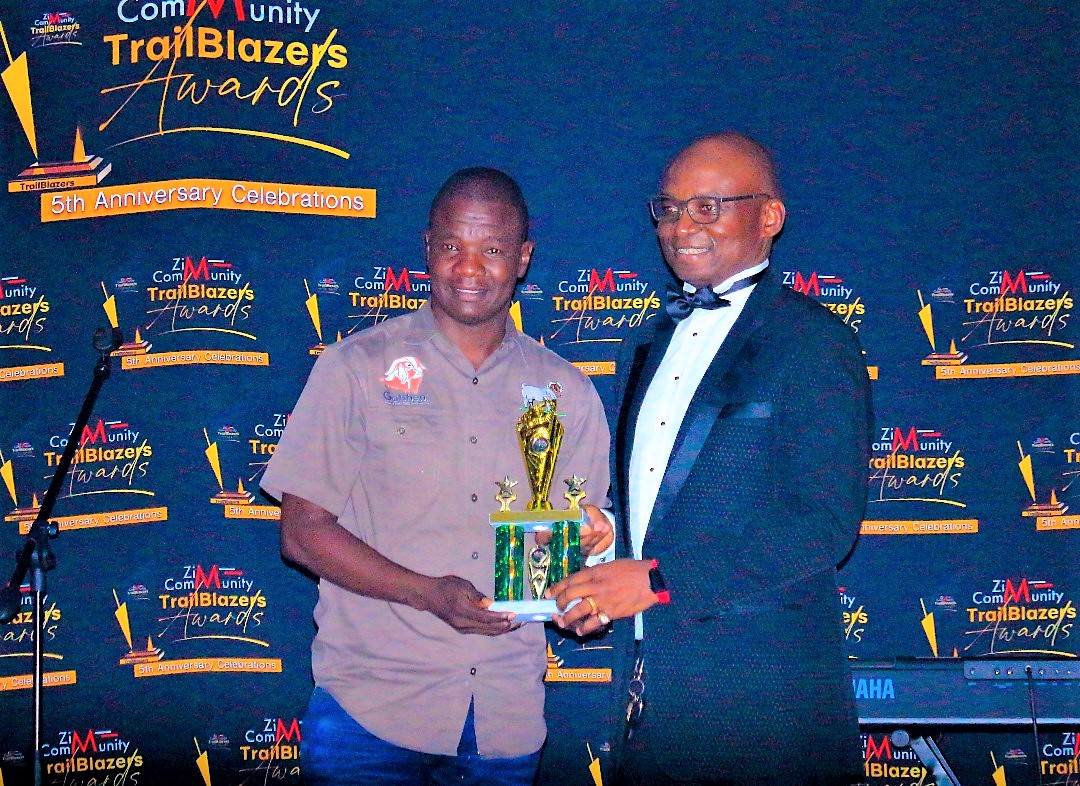X Trending
#Starlink-Zimbabwe
We live in a world where narratives are sponsored just to protect some business & political interests…. before you jump on the bandwagon, ask yourself: if this thing is implemented, will it be good for society?
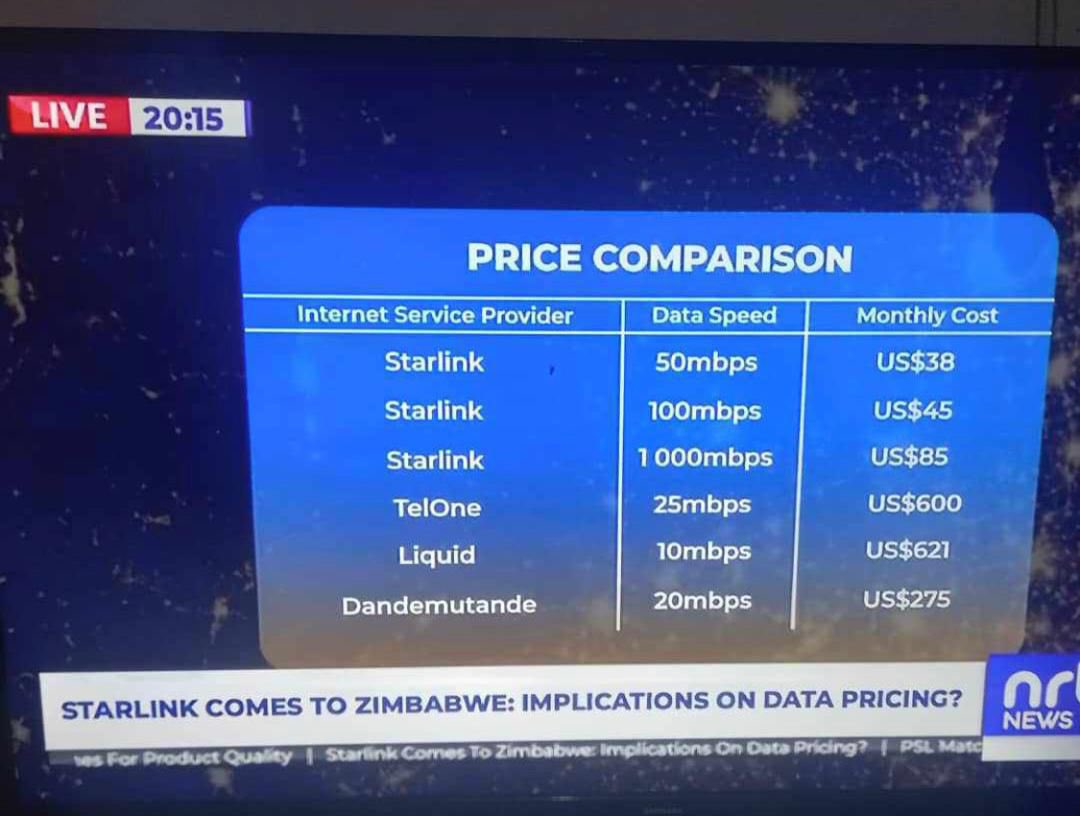
Kudzai Mutisi
@KMutisi
LOBBYING is powerful & it’s a part of politics & business. The POTRAZ of Botswana had rejected the Starlink application, it took President Masisi’s intervention to get approved. We hear that @wicknellchivayo lobbied the President to approve Starlink in Zimbabwe, that’s a HUGE move, something we should applaud & cherish… Do you know that the big telecoms companies in Botswana & Zimbabwe could have been bribing & lobbying regulators to reject Starlink??? That’s a reality of business & politics… Without strong lobbyists, some policies will never see the light of the day…. We live in a world where narratives are sponsored just to protect some business & political interests…. before you jump on the bandwagon, ask yourself: if this thing is implemented, will it be good for society? If it is, then you have every reason to support it… those opposing it are usually not sincere, just doing to protect their own interests…. If it took Chivayo’s lobbying to get Starlink approved in Zimbabwe, then he is a star, a hero to those of us who have been asking for the same!
In an era where connectivity is the lifeblood of progress, Zimbabwe has taken a bold leap forward. The recent approval of SpaceX’s Starlink satellite internet services in the country marks a turning point one that promises to bridge the digital divide and empower Zimbabweans with unprecedented access to information, education, and innovation. At the heart of this transformative endeavor are two key figures: President Emmerson Mnangagwa and entrepreneur Wicknell Chivayo @wicknellchivayo Their collaborative vision has set the stage for a brighter future, and Zimbabweans have every reason to be grateful for their contributions. Starlink, the brainchild of tech visionary Elon Musk @elonmusk aims to provide high-speed internet access to underserved and remote areas worldwide. By deploying a constellation of low Earth orbit satellites, Starlink promises to revolutionize connectivity, particularly in regions where traditional infrastructure falls short. Zimbabwe, like many African nations, faces significant challenges in providing reliable internet services to its citizens. High costs, limited coverage, and slow speeds have hindered progress across various sectors from education to healthcare to business. Recognizing this, President Mnangagwa championed the cause of digital inclusion. President Mnangagwa’s @edmnangagwa decision to grant licensing rights to Starlink demonstrates his commitment to technological advancement. His administration recognizes that access to information is not a luxury but a fundamental right. By embracing Starlink, Zimbabwe can leapfrog into the digital age, unlocking opportunities for economic growth, education, and scientific research. The president’s vision extends beyond mere connectivity. He envisions a Zimbabwe where students in rural schools can access online resources, where telemedicine reaches even the most remote clinics, and where entrepreneurs can participate in the global digital economy. Starlink’s arrival heralds a new dawn—a chance to rewrite the narrative of Zimbabwe’s digital landscape. Enter Wicknell Chivayo, a name synonymous with ambition and controversy. As the owner of IMC Communications (Pvt) Ltd, Chivayo secured the exclusive rights to provide Starlink services in Zimbabwe. His association with President Mnangagwa raised eyebrows, but it also underscores the power of private enterprise in driving change. Chivayo’s investment in Starlink hardware reportedly $100 million—speaks volumes about his belief in the project’s potential. Skeptics may question his motives, but the impact is undeniable. Through IMC Communications, Chivayo aims to democratize internet access, making it accessible to all Zimbabweans, regardless of their location. As Zimbabweans, we owe gratitude to both President Mnangagwa and Wicknell Chivayo. Their collaboration transcends political affiliations and personal histories. It symbolizes a shared commitment to progress, innovation, and the well-being of our nation. Let us celebrate this moment. Let us recognize that Starlink is not just about faster downloads or smoother video calls it is about empowering our scientists, educators, and entrepreneurs. It is about nurturing a generation of Zimbabweans who can dream bigger, learn faster, and connect globally.
Botswana has now approved Starlink too. The service will be a game changer in the country’s remote areas where it will be much needed. This means South Africa is now they only major country in SADC not to approve Starlink.
Starlink has extended its US$300 hardware promotion in Kenya to 10 June. Monthly payments are US$49 for uncapped internet at 165 Mbps. 100Mbps fibre is abt US$500/month in Zimbabwe. With this amount, you can buy the kit & pay for 1 month and have US$50 change.
1/3 Starlink have not paid any application fees. They are saying our application fees is 50k whilst the license fee is $2.1 Million. Our local companies have paid that amount. So it is unfair for Starlink to operate in Zim freely disadvantaging our local companies
When you find something that can make you more productive but hesitate to get it because you “can’t afford it,” just know that you are already paying much more for it with lost income. Get Solar and Starlink. Move forward.

-
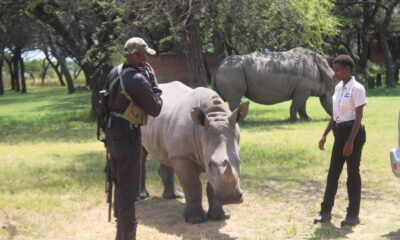
 Tourism1 year ago
Tourism1 year agoAntelope Park joins White Rhino fight
-

 Breaking News11 months ago
Breaking News11 months agoZim Community Trailblazers Awards (ZCTA) Call for Entries (5th Edition)
-

 Health and Wellness1 year ago
Health and Wellness1 year agoLeaked nudes: Traumatic impact, healing pathways
-

 Entertainment4 years ago
Entertainment4 years agoCharambas ZCTA maiden winners
-
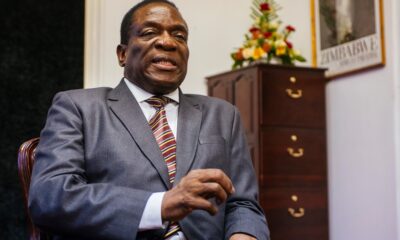
 Breaking News1 year ago
Breaking News1 year agoMnangagwa approves Starlink Zim operations
-
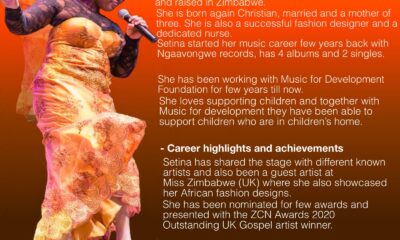
 Entertainment1 year ago
Entertainment1 year agoSetina Mandiveyi plots to shine
-
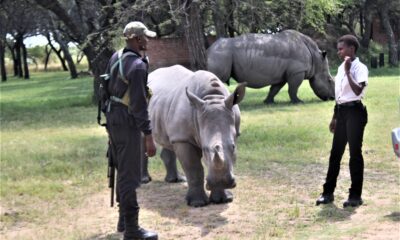
 Tourism1 year ago
Tourism1 year agoWhite Rhino grazing at Zim’s biggest private game reserve
-

 Zim Community Trailblazers Awards8 months ago
Zim Community Trailblazers Awards8 months agoZim Community Trailblazers Awards plot first-rate celebrations

